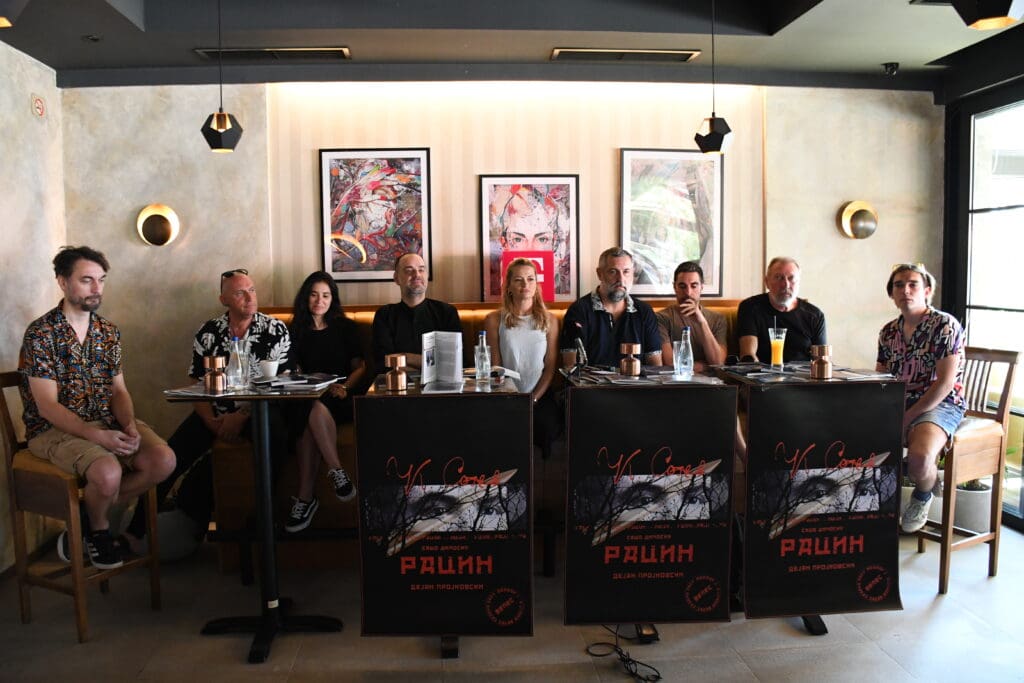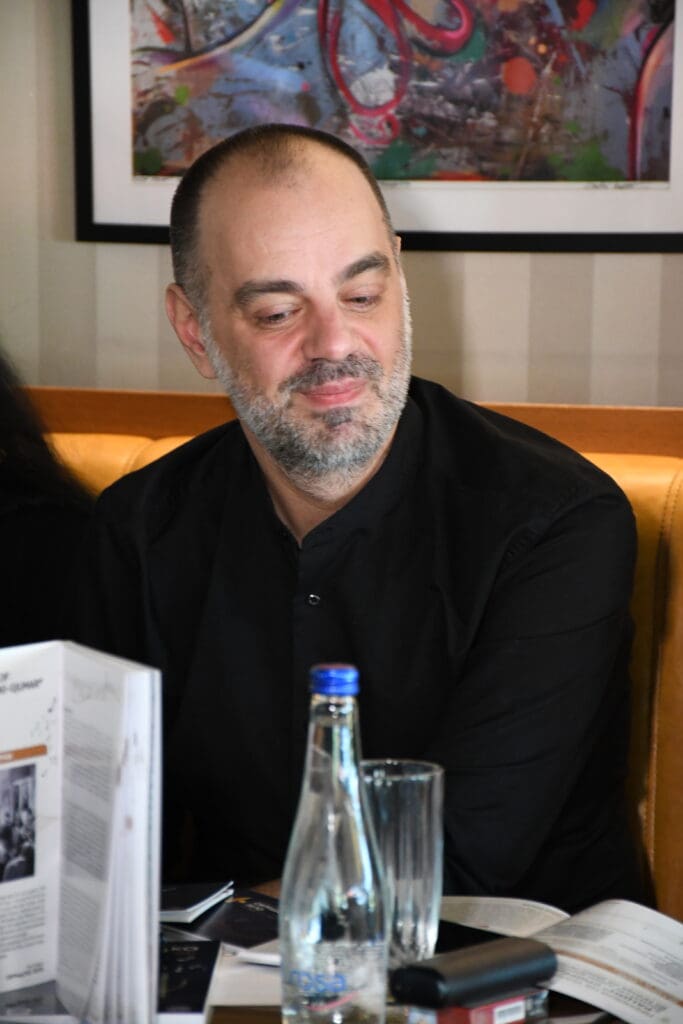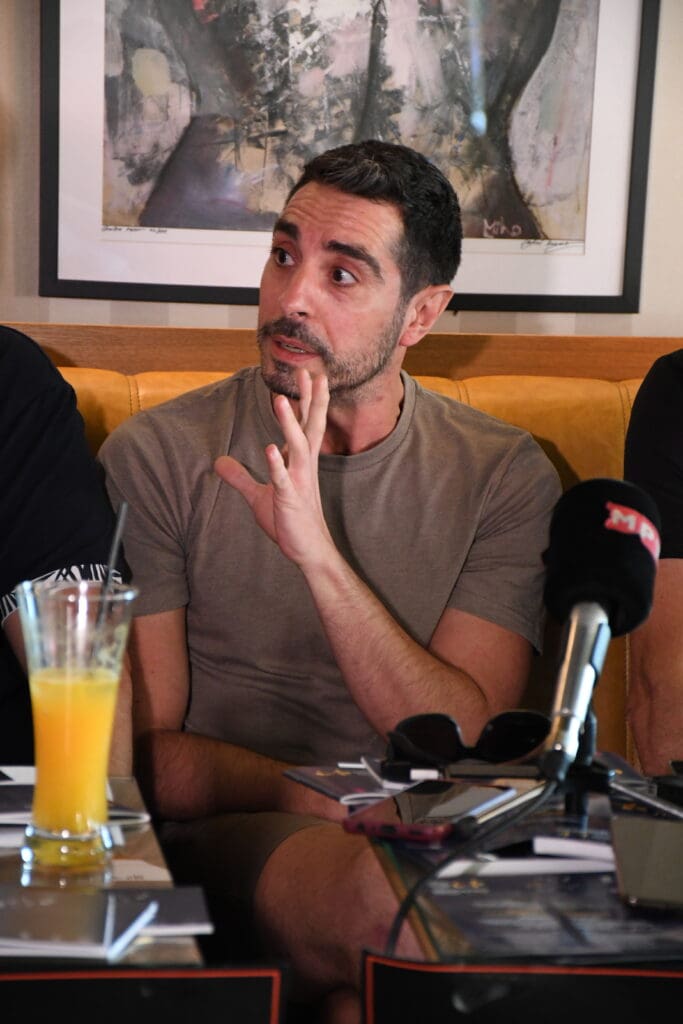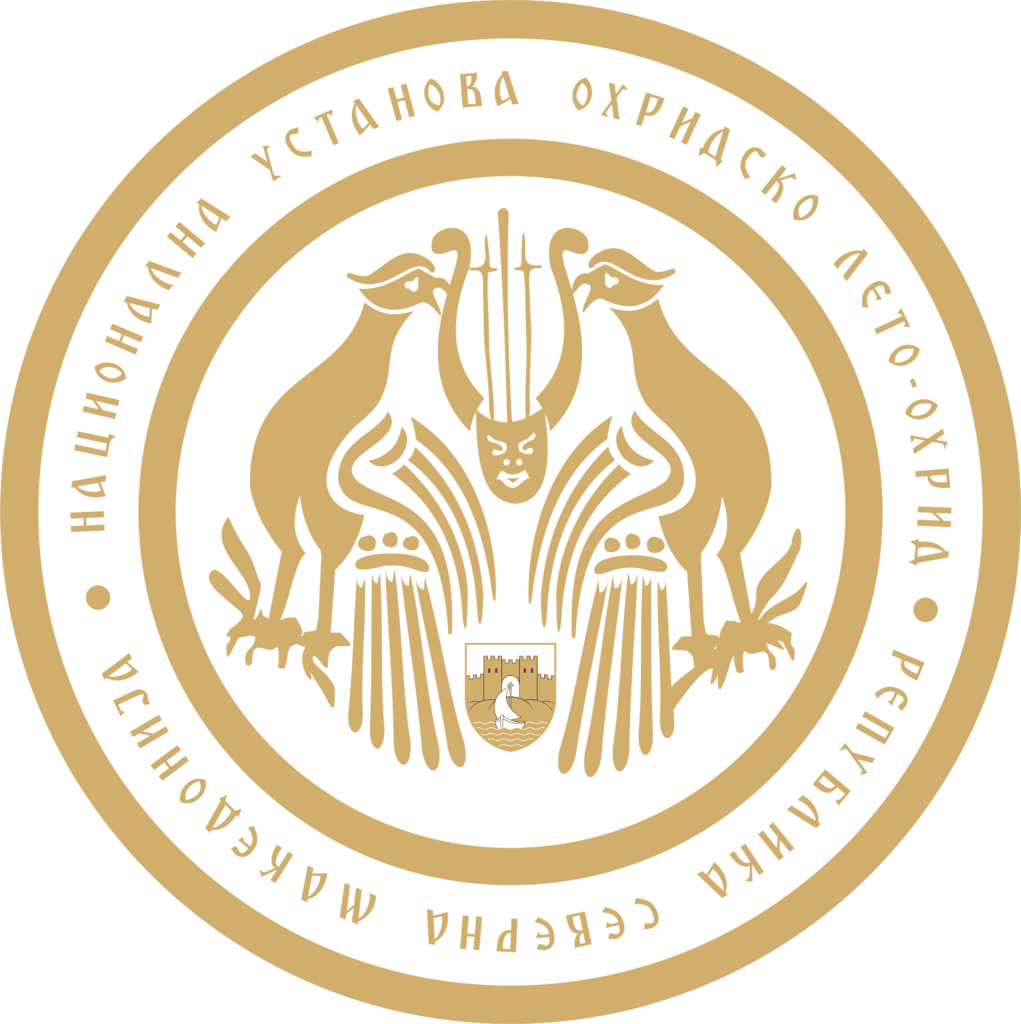The acting team of the National Theater “Jordan Hadzi Konstantinov-Dzinot” from Veles will premiere the play “Racin” at “Ohrid Summer” tonight, portraying the character of Kosta Solev Racin, his reflections within us, and his authentic emotion. The play will be staged at the “Grigor Prlichev” Cultural Center at 9 PM. Directed by Dejan Projkovski, with dramaturgy by Sasho Dimovski, scenography by Valentin Svetozarev, and costumes by Rade Vasilev and Elena Vangelovska, the cast includes Vasil Zafirchev, Isidora Jovanovski, Keti Borisovska, Vesna Dimitrovska-Bobevski, Jordan Vitanov, Slobodanka Chichevska, Talija Nastova, and Blagojcho Stojanov.

“Racin is already part of our mythology; he is part of the DNA of each of us. We are very pleased that by creating this modern language in a theatrical laboratory, we managed to find his emotion with new expressive means. It was logical to create the play about Racin in Veles, where the streets still remember his steps, his sighs for Raca. It is the city where it was inevitable for ‘Racin’ to happen, the place where events restore our faith and love for this profession,” said the play’s director, Dejan Projkovski, at today’s press conference.

Sasho Dimoski, the dramaturg and director of the Veles Theater, described the premiere as an extremely exciting attempt to turn the glove, to turn his word, verse, and historical significance and shed new light through theatrical expression on what is more or less known about him. “The dramaturgy for the play is tailored according to Racin’s prose and poetry on one hand and the metatextual records that exist within Racin’s opus on the other. The biggest challenge for me was transposing the poetry into drama because the poetic discourse itself implies something completely different; it is not intended for stage performance. Turning it into live dialogue, into spoken word, was the challenge,” said Dimoski, adding that tonight’s play will reveal and offer aspects of Racin that are not yet known to the audience.

Actor Vasil Zafirchev highlighted that Racin is not only one of the most significant symbols through which many people identify with the city of Veles but also a spiritual beacon and one of the highest national values of this nation and state. Furthermore, Racin holds incredible universal value because his social and love poetry resonates with many nations and people worldwide, addressing themes relevant to this day.

He noted that the play provides a clear picture of Racin and the time he lived in, where people easily transitioned from friends and supporters to his enemies. “What we attempted in this project is a kind of demythologization of Racin, as his character is shrouded in many mysteries and unresolved aspects, from his personal life to his work, and the way his words were publicly disseminated. We tried to treat Racin as a flesh-and-blood person with his land, as many events tied to his life and work stem from his erudite character, his fate, and the people and times he lived in,” Zafirchev concluded.

